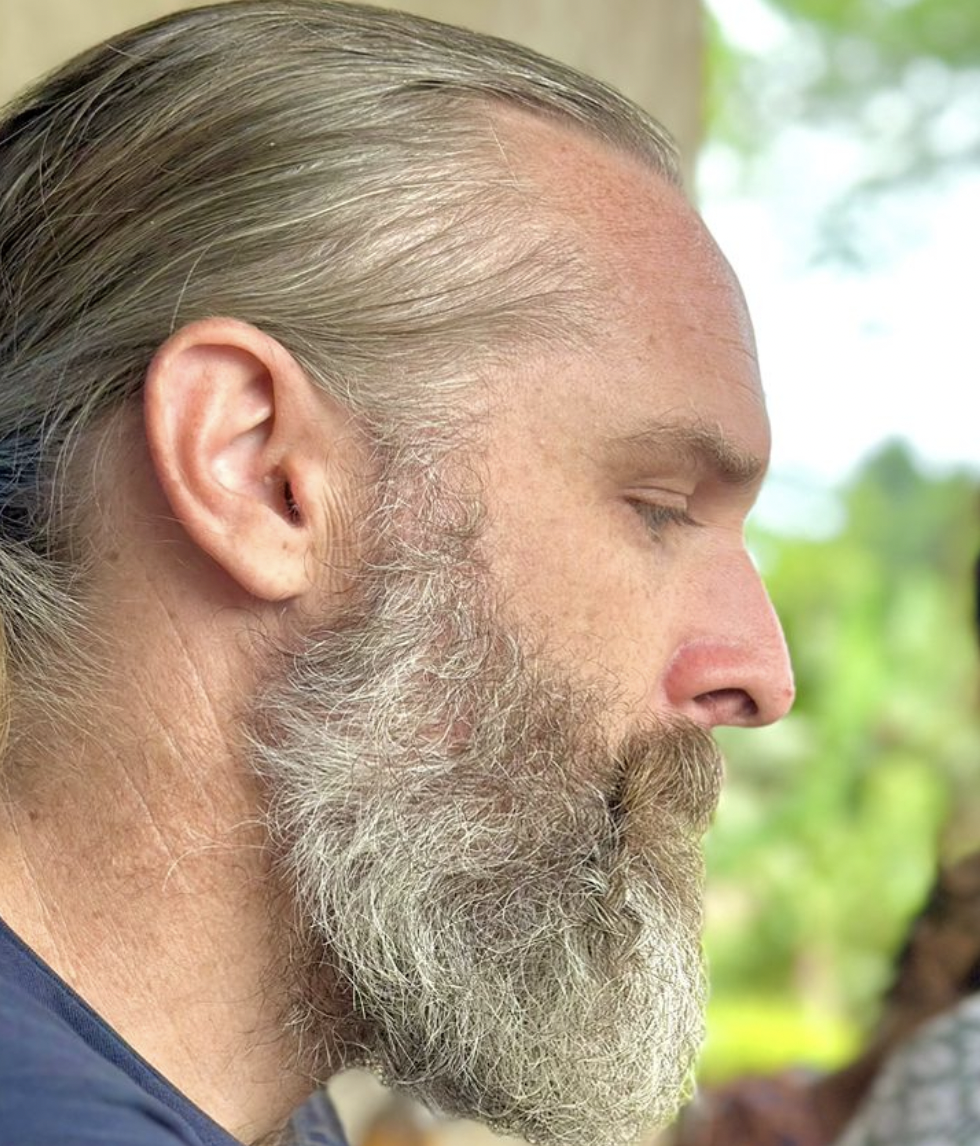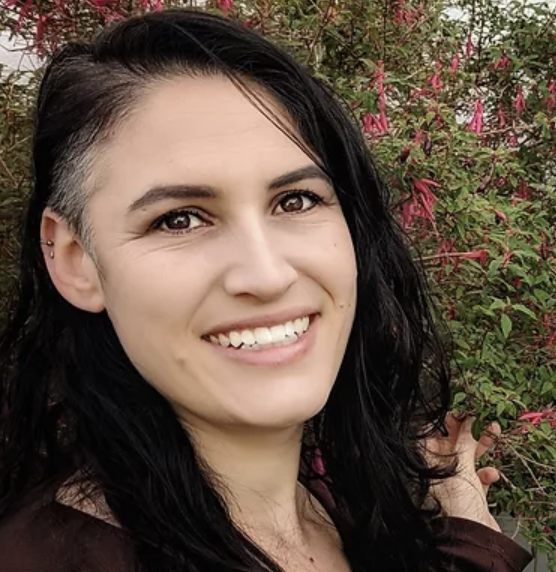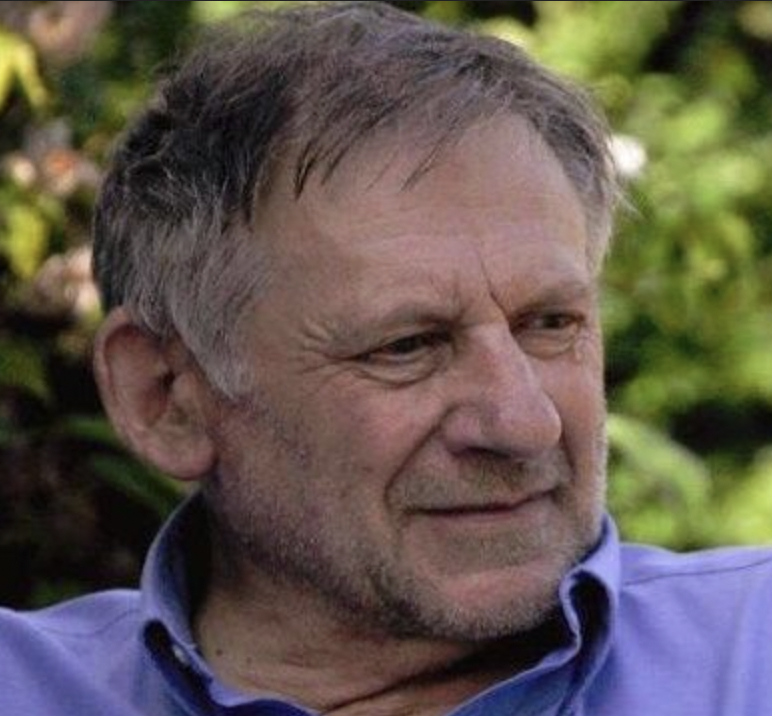Will Ruddick on "Commitment Pooling" to Build Economic Commons
Sixteen years ago, when he moved to Kenya, development economist Will Ruddick realized that many poorer communities are not as helpless as they might think. They may not have as much money to meet their needs, but they do have goods and services to offer each other -- cooking, tutoring, bike repair, taxi rides, and so forth. The real problem is the scarcity of a currency to enable exchange; the national currency, the Kenyan shilling, is not so plentiful in many neighborhoods.
So, working with small businesses and households, Ruddick and members of the group he founded, Grassroots Economics, set out to create what he calls "community inclusion currencies." One of his first experiments in this realm was the Bangla-Pesa currency in Mombasa, a community of 20,000 people on the Kenyan coast. The Bangla-Pesa is essentially a system of credit vouchers whose value is pegged to the Kenyan Shilling, but not convertible to it. Under certain rules, anyone can issue a Bangla-Pesa credit voucher for their goods and services.

As people use the vouchers to buy things, the vouchers begin to circulate and function as a kind of community-based money. The trick is ensuring a critical mass of participants offering a diverse range of goods and services; rules to prevent hoarding; and a brisk circulation of the vouchers. With 218 participating businesses and 87,000 vouchers now in circulation, the Bangla-Pesa mutual credit system helps thousands of people meet many everyday needs.
Ruddick has gone on to create community currencies in over 80 communities throughout Kenya as well as in Cameroon and South Africa. Over 60,000 households are spending and receiving the equivalent of US $4 million in exchange.
A key lesson from the projects is that a community can control its means of exchange to advance its own interests without relying on banks, the mainstream economy, or the national currency.
I recently spoke with Ruddick on my Frontiers of Commoning podcast (Episode #48) to learn more about his experiments with community currency. He explained how his thinking about "re-inventing money" has evolved in recent years.







 The right to create money and profit from it is known as seignorage. Banks currently enjoy this right and exercise it through their lending, which creates most of the money in circulation. Governments have effectively let banks privatize control of the money supply. In so doing, governments have forfeited the opportunity to provide debt-free lending to support productive enterprises and public needs as opposed to fueling boom-and-bust speculation and relentless economic growth that destroys the environment.
The right to create money and profit from it is known as seignorage. Banks currently enjoy this right and exercise it through their lending, which creates most of the money in circulation. Governments have effectively let banks privatize control of the money supply. In so doing, governments have forfeited the opportunity to provide debt-free lending to support productive enterprises and public needs as opposed to fueling boom-and-bust speculation and relentless economic growth that destroys the environment. Andresen, a self-described geek in his forties with a pleasant manner and trim haircut, strolled into the small conference room in his black rugby shirt and jeans. Six of us proceeded to have a wide-ranging, fascinating chat about the functional aspects of Bitcoin, the political and social values embedded in its design, and some of the operational challenges of making Bitcoin a new kind of universal currency.
Andresen, a self-described geek in his forties with a pleasant manner and trim haircut, strolled into the small conference room in his black rugby shirt and jeans. Six of us proceeded to have a wide-ranging, fascinating chat about the functional aspects of Bitcoin, the political and social values embedded in its design, and some of the operational challenges of making Bitcoin a new kind of universal currency. 









Recent comments